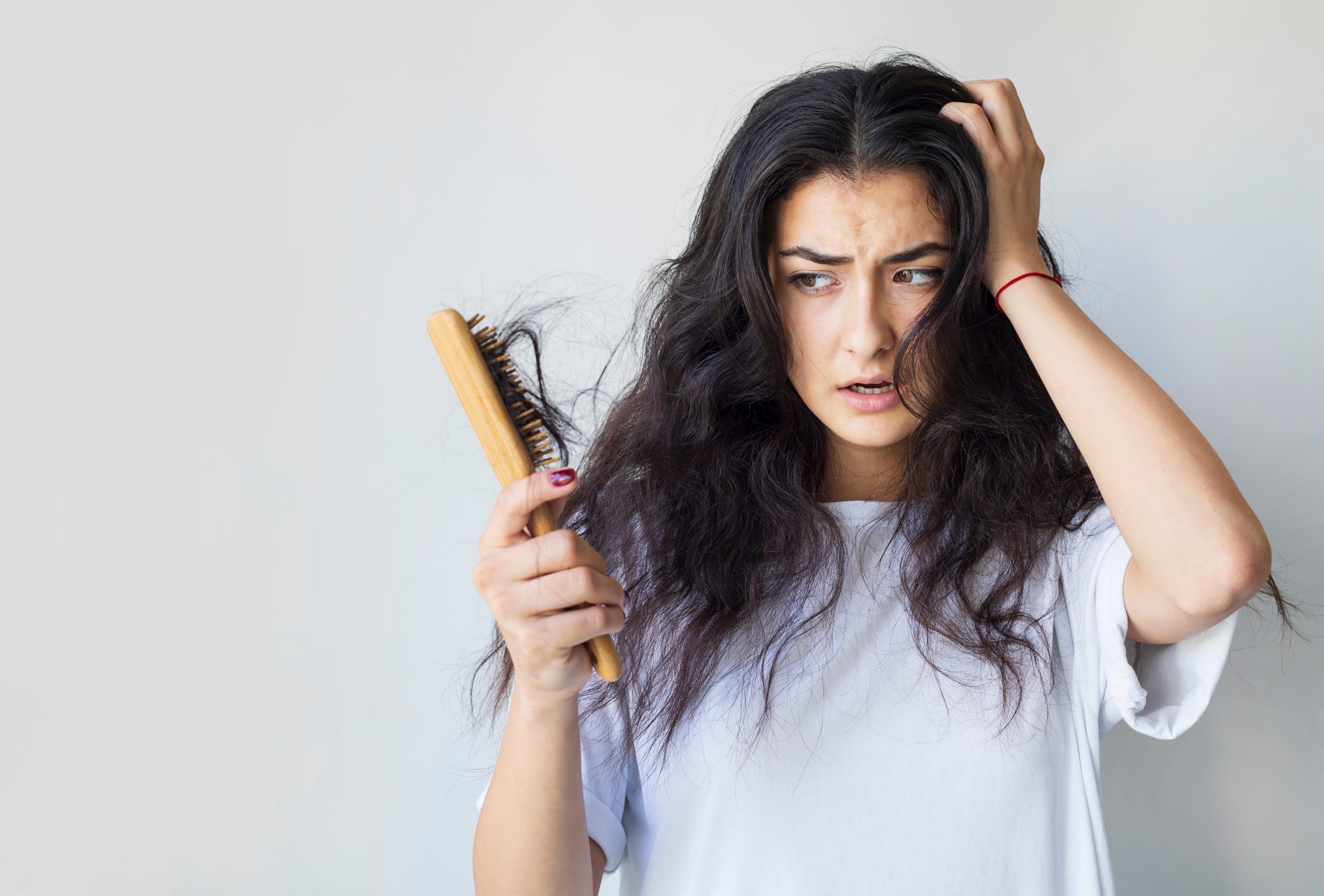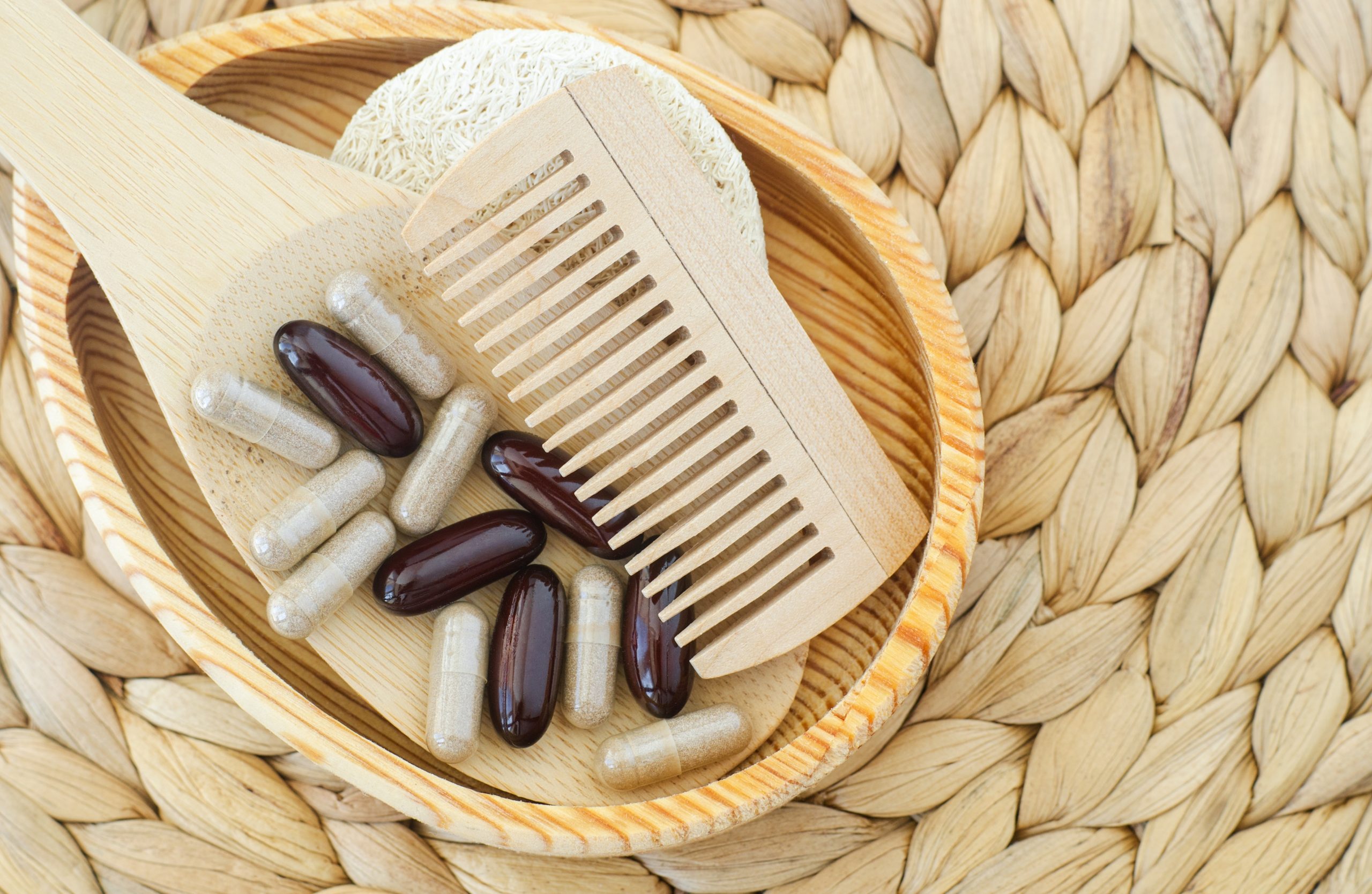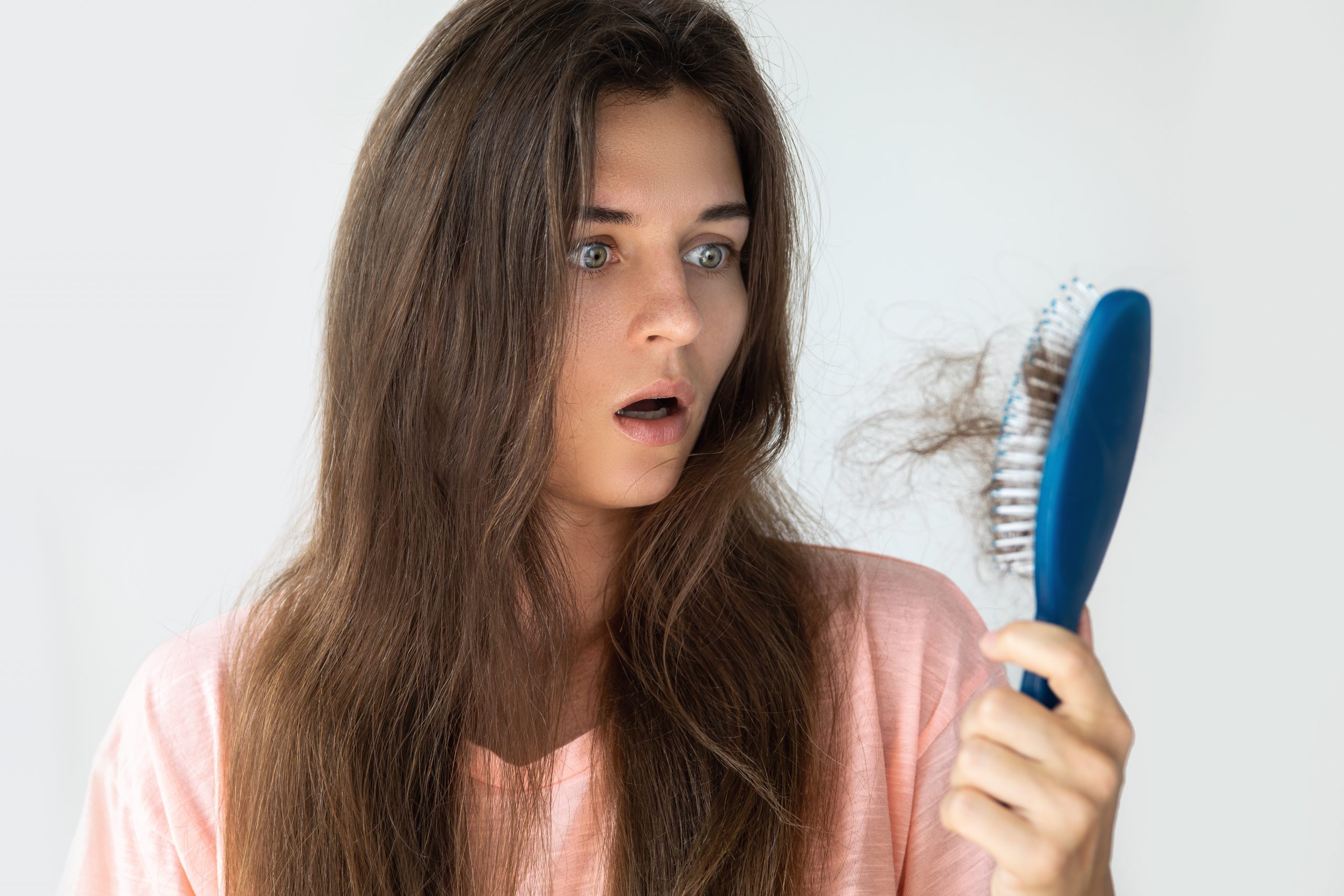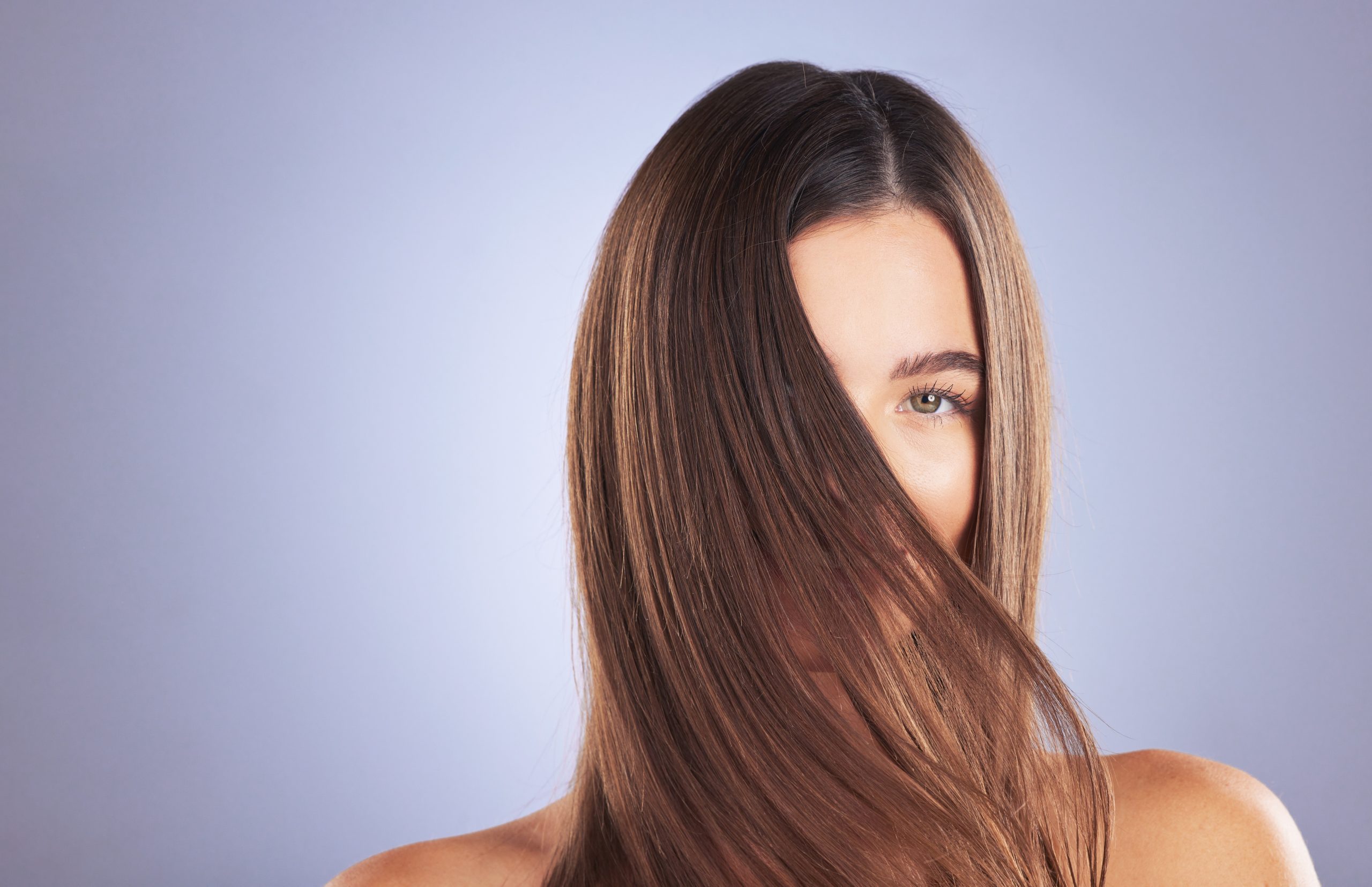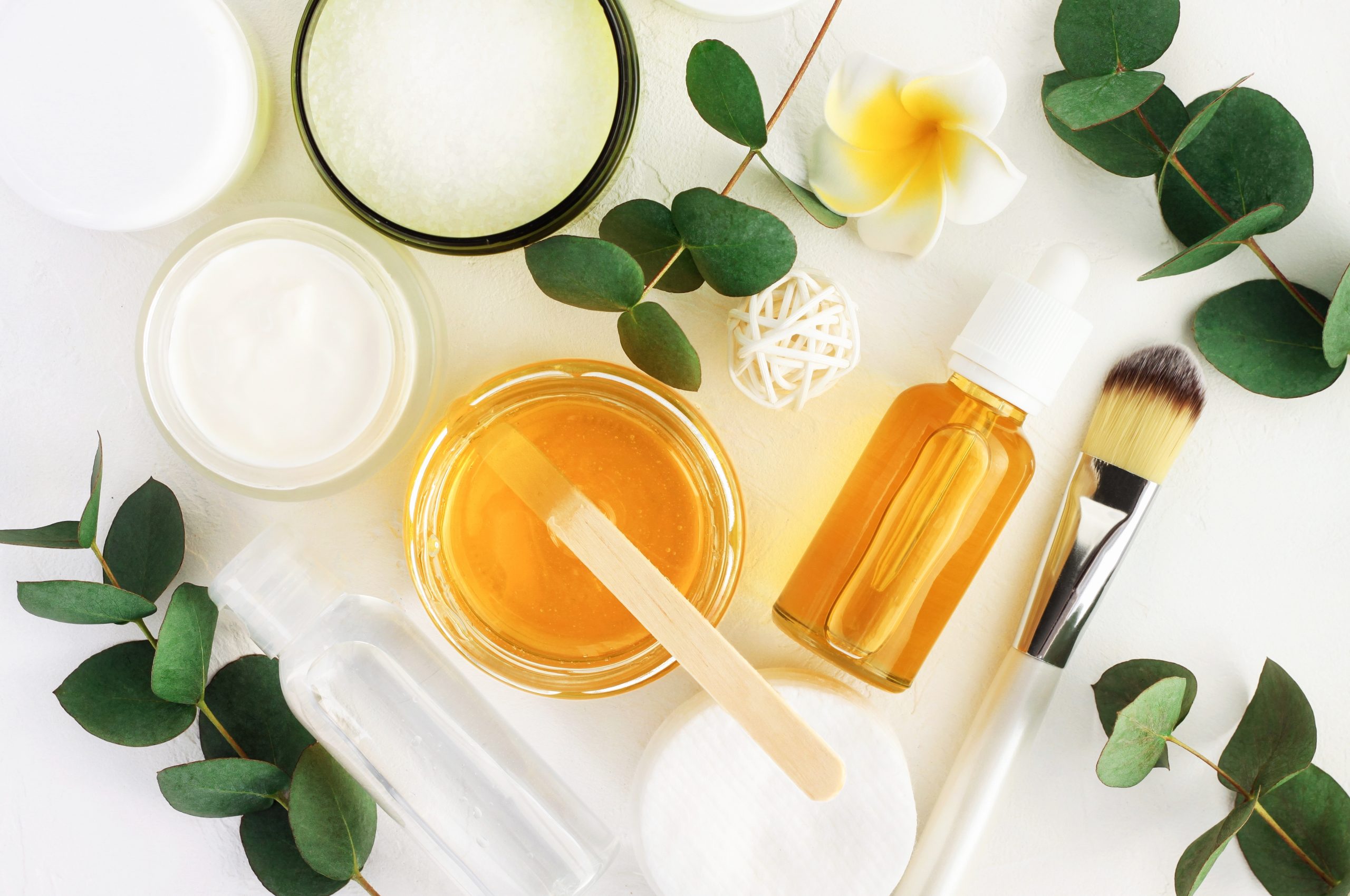Pollution is an unfortunate reality of urban living, and its effects extend beyond the environment. The air we breathe, the water we use, and even the activities we engage in can all contribute to the pollution that surrounds us. While we often think of pollution’s impact on our respiratory health, it’s important to recognize that it can also take a toll on our hair health. Here, we explore the impact of pollution on hair health and offer tips on how to minimize its effects.
- Increased Hair Damage: Air pollution is often laden with harmful particles like dust, smoke, and chemicals. When these particles come into contact with our hair, they can create a thin layer of buildup that accumulates over time. This buildup can make the hair more susceptible to damage, leading to dryness, brittleness, and split ends.
- Weakened Hair Structure: Pollutants in the environment, such as heavy metals and chemicals, can penetrate the hair shaft and weaken its structure. This can result in hair that is more prone to breakage and thinning. Additionally, pollution-induced oxidative stress can disrupt the natural balance of proteins and lipids in the hair, further compromising its strength and vitality.
- Increased Scalp Irritation: Pollution can irritate the scalp, leading to conditions such as itching, dandruff, and scalp sensitivity. The accumulation of pollutants on the scalp can disrupt its natural balance, affecting the health of hair follicles and potentially leading to hair loss.
- Reduced Hair Growth: Exposure to pollution can disrupt the hair growth cycle. Pollutants can interfere with the normal functioning of hair follicles, leading to a slowdown in hair growth. This can result in thinning hair and a loss of volume over time.
- Altered Hair Texture and Color: The presence of pollutants in the environment can alter the texture and color of our hair. Oxidative stress caused by pollution can lead to changes in the pigment cells, resulting in premature graying or a dull, lackluster appearance.
Minimizing the Effects of Pollution on Hair Health:
- Protective Hairstyles: Wearing hairstyles that cover the hair, such as updos or braids, can act as a physical barrier against pollution. This can help reduce the exposure of the hair to harmful particles in the environment.
- Regular Hair Cleansing: It is essential to cleanse the hair regularly to remove accumulated pollutants. Use a gentle shampoo that effectively removes dirt and buildup without stripping the hair of its natural oils. Follow up with a nourishing conditioner to restore moisture and promote hair health.
- Deep Conditioning Treatments: Incorporate deep conditioning treatments into your hair care routine. These treatments can provide extra nourishment and hydration to counteract the drying effects of pollution. Look for products with ingredients like argan oil, shea butter, or coconut oil, known for their moisturizing properties.
- Protective Products: Consider using hair care products that offer protection against environmental damage. Look for leave-in conditioners or serums that contain antioxidants or UV filters to shield the hair from the damaging effects of pollution.
- Regular Trims: Regular trims help to remove split ends and prevent further damage to the hair. This ensures that the hair remains healthy and minimizes the appearance of pollution-induced damage.
- Healthy Lifestyle: Maintaining a healthy lifestyle can contribute to overall hair health. Eating a balanced diet rich in vitamins, minerals, and antioxidants can support the hair’s natural strength and resilience. Staying hydrated and getting regular exercise can also help promote a healthy scalp and hair growth.
In conclusion, pollution can have detrimental effects on hair health, ranging from damage and weakening to scalp irritation and altered texture. However, by adopting protective measures, maintaining a

